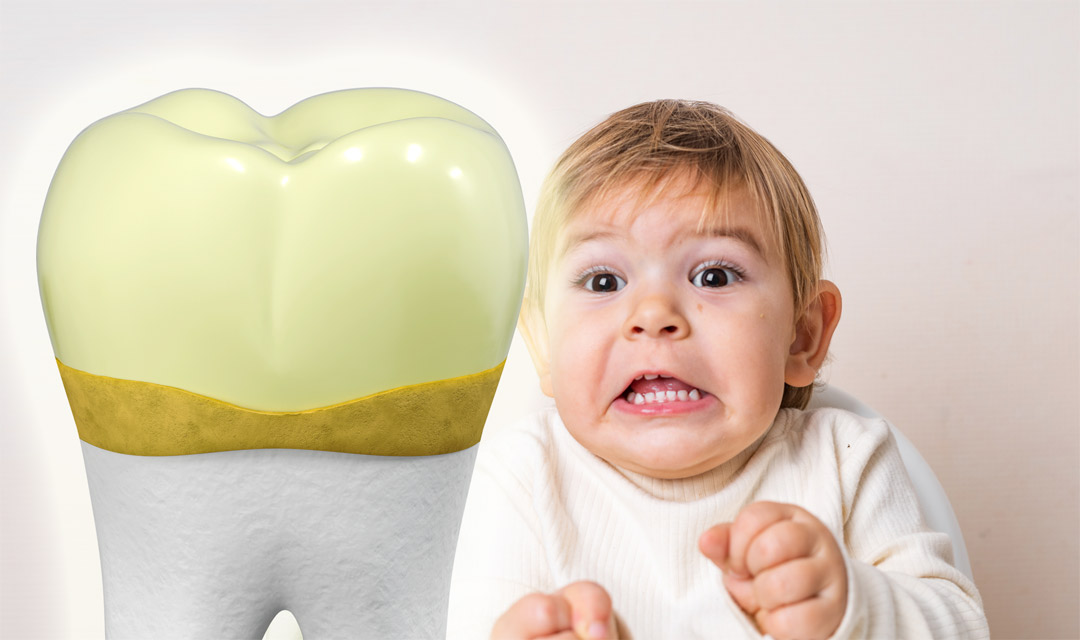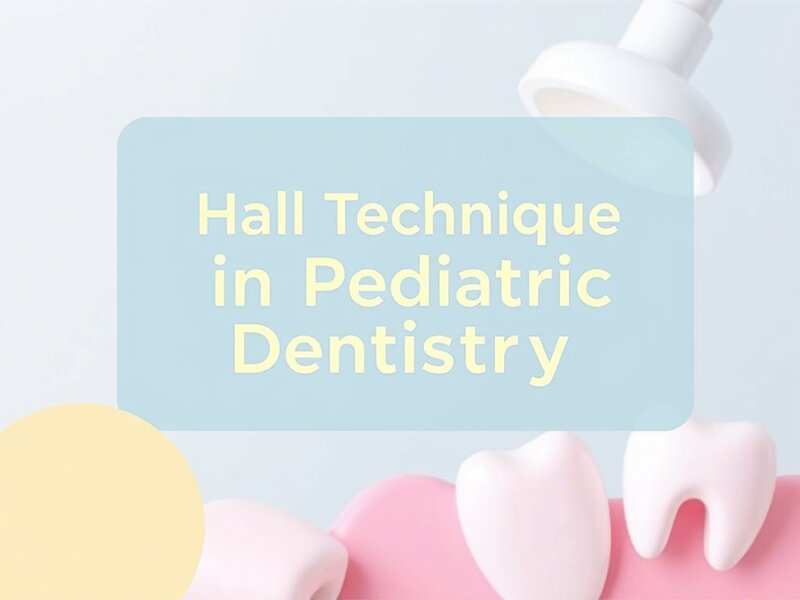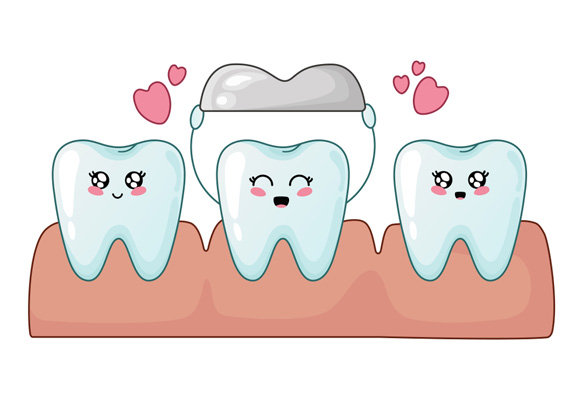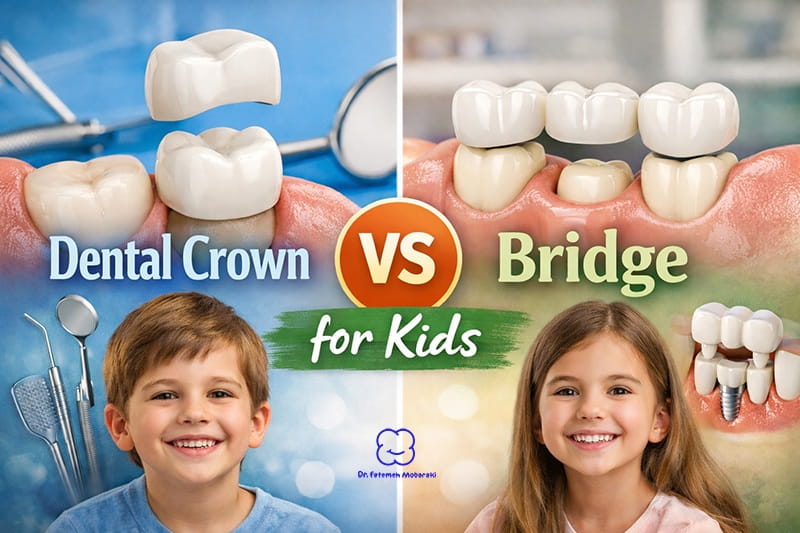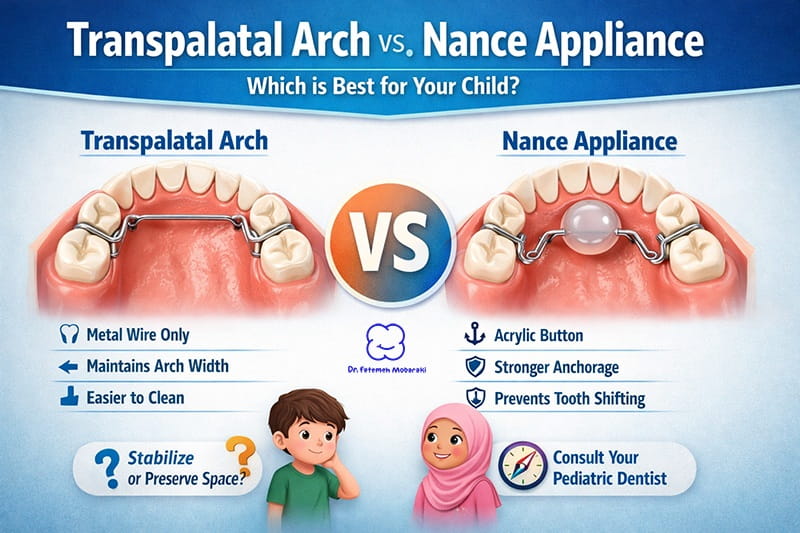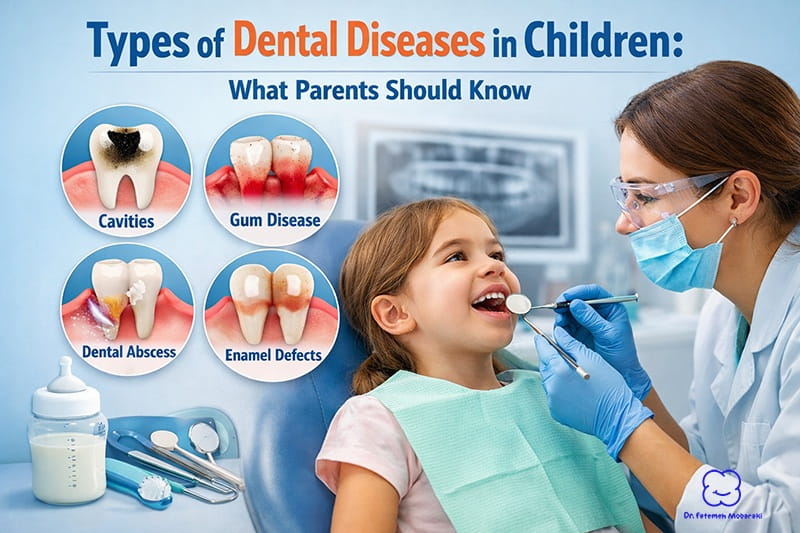As a parent, one of your top priorities is ensuring your child’s health, and that includes their dental health. One term you’ll often hear in the dentist’s office is “plaque.” But what exactly is plaque, what are the causes of plaque on teeth, and why is it important to manage it, especially in children? In this blog, we’ll break down what plaque is, how it affects your child’s teeth, and what you can do to prevent it.
What is Plaque?
Plaque is a soft, sticky film that constantly forms on your child’s teeth. It’s made up of bacteria, food particles, and saliva. While this might sound harmless, plaque on teeth is the leading cause of cavities and gum disease, which are the most common dental problems in children.
Causes of Plaque on Teeth
Understanding the causes of plaque on teeth is crucial for effective prevention. Plaque begins to form when bacteria in the mouth mix with food particles and saliva. Foods high in sugars and starches, such as candy, bread, and fruit, feed the bacteria in plaque. These bacteria produce acids that can erode tooth enamel, leading to cavities. Additionally, poor oral hygiene habits, such as irregular brushing and flossing, contribute to the buildup of plaque on teeth. Without proper care, this plaque can harden into tartar, which is even more challenging to remove and can lead to more serious dental issues like gum disease.
How Does Plaque Affect Your Child’s Teeth?
When plaque builds up on the teeth and isn’t removed through regular brushing and flossing, it can lead to tooth decay. The bacteria in dental plaque produce acids that attack tooth enamel, eventually leading to cavities. If left untreated, plaque can harden into tartar, which is much more difficult to remove and can cause even more serious issues like gum disease.
Do Sippy Cups Contribute to Plaque?
Sippy cups are a common tool for transitioning toddlers from bottles to regular cups, but did you know they can also contribute to plaque buildup? When children sip on sugary drinks like juice or milk throughout the day, the sugars stay on their teeth, providing food for the bacteria in plaque. This can lead to an increase in plaque formation, especially if the child is constantly using a sippy cup filled with sugary liquids.
The key to using sippy cups without increasing the risk of plaque is to limit their use to meal times and fill them with water rather than sugary drinks. If your child does use a sippy cup for milk or juice, make sure to clean their teeth afterward, and encourage them to drink water between meals to rinse away any leftover sugars. By managing how and when sippy cups are used, you can help reduce plaque buildup and protect your child’s teeth.
Signs of Plaque Buildup
It’s important to recognize the signs of plaque buildup so you can take action early. Look out for:
- White or yellowish film on the teeth
- Bad breath that doesn’t go away with brushing
- Red, swollen gums that may bleed during brushing or flossing
If you notice any of these signs, it’s time to visit your pediatric dentist for a check-up.
Preventing Plaque Buildup
The good news is that plaque can be controlled with proper dental hygiene. Here are some tips to help keep your child’s teeth plaque-free:
- Brush Twice a Day: Make sure your child brushes their teeth twice a day for at least two minutes each time. Use a soft-bristled toothbrush and fluoride toothpaste.
- Floss Daily: Even though it can be tricky, flossing is essential for removing plaque from between the teeth where a toothbrush can’t reach.
- Limit Sugary Snacks: Bacteria in plaque thrive on sugars. By limiting sugary snacks and drinks, you can reduce the amount of plaque that forms on your child’s teeth.
- Regular Dental Check-ups: Routine visits to the pediatric dentist will help monitor and manage plaque. Professional cleanings can remove plaque and tartar that regular brushing might miss.
The Role of the Pediatric Dentist
Your child’s pediatric dentist plays a crucial role in preventing and managing plaque buildup. During regular visits, the dentist can assess your child’s oral hygiene, offer advice tailored to their needs, and provide professional cleanings that remove plaque and tartar. They can also apply sealants and fluoride treatments to further protect your child’s teeth from decay.
If you’re in Dubai, our pediatric dental clinic is dedicated to providing top-notch care to help your child maintain a healthy, bright smile. We understand the unique dental needs of children and are committed to helping families in our community keep plaque at bay.
Conclusion
Plaque may seem like a small issue, but it can have big consequences if not properly managed. By understanding what plaque is and how to prevent it, you can help your child maintain a healthy smile. Remember, good dental habits start early, and your pediatric dentist is your partner in keeping plaque at bay. Make regular dental visits a part of your child’s health routine, and together, we can ensure that plaque doesn’t stand a chance.
If you have any concerns about plaque or your child’s dental health, don’t hesitate to contact our Dubai office. We’re here to help keep those little smiles shining bright!

